Why effective leadership communications is critical in managing a crisis

The recent record-breaking rainfall that flooded large parts of North Island and Auckland highlighted that effective communications are a critical component of leadership, but even more so in times of crisis. In times of both crisis but equally also in periods of uncertainty and change, it is essential for leaders to communicate universally with all audiences, including media, clearly, and consistently.
While a detailed review will be conducted to examine how various agencies and emergency services across central and local Government managed the crisis and as part of Auckland’s response to the floods, what we do know is that timely, open, and transparent communication can help build trust between leaders and people.
In any crisis, time is of the essence. This is both to respond quickly to mitigate the impact of a natural disaster as well as getting information to communities so that people can make decisions which may also be the difference in saving life and property. A failure to communicate quickly in a crisis can be due to indecision, breakdown in reporting lines or a lack of leadership in making what maybe a politically difficult call.
Once a crisis starts to unfold, as we witnessed with the almost half a metre of rain that overwhelmed Auckland, there is no time to second guess – leaders must act quickly and decisively. This characterises the difference between a crisis that is mitigated and well managed versus an out-of-control event that leaves more damage (including reputationally) that otherwise may have been preventable.
Flooding and slips on the massive and unprecedented scale that struck the North Island on Friday 27 January caused enormous and sudden disruption to key transport routes, emergency services (including first responders) which raised feelings of anxiety, worry and being overwhelmed across affected communities. Effective and timely communication is paramount in managing expectations, reducing anxiety and is defined by leaders who can provide clear and accurate information, set realistic expectations, and show empathy to help maintain calm and order, and prevent panic and confusion.
It’s also important to note the difference between business and crisis communications and the fact that some leaders may not be experienced in both methods. Typically, business communication typically focuses on sharing information and building relationships with stakeholders, while crisis communication focuses on managing expectations, preventing panic, and maintaining order. In a crisis, effective communication is essential to minimise harm, protect the public, and prevent further damage.
When leaders in any position whether mayors, prime ministers or emergency first responders, provide regular updates, answer questions, and listen to feedback, they show that they are transparent, accountable, and approachable. This open, transparent approach fosters a sense of trust and confidence in our leaders, which is especially important in times of crisis when people are looking for reassurance.
Clear communication is also essential for critical decision-making and problem-solving. In times of crisis, leaders must make quick and informed decisions that have far-reaching implications. Leaders who can effectively communicate their vision, strategy, and plans to their team and stakeholders are better equipped to mobilise resources and make the necessary changes.
For example, during the COVID-19 pandemic, former Prime Minister Jacinda Ardern held regular press conferences, provided straightforward and accurate information, and demonstrated a genuine concern for the well-being of everyone. Her approach helped reassure the public and build trust in the government’s response to the crisis.
Other notable examples from across the Tasman include the Premier of Queensland Annastacia Palaszczuk who was commended for her effective coordination of the state’s response during the severe weather events and subsequent flooding in early 2021. Premier Palaszczuk provided clear communication with the public, which helped keep communities safe and informed during the crisis.
Likewise, many Kiwis will remember how the Premier of New South Wales Gladys Berejiklian responded during the bushfire crisis of 2019-2020. She was praised for her strong leadership, clear communication, and effective decision-making during the crisis, which helped bring the bushfires under control and support affected communities.
Perhaps it is worth also reflecting on the top eight essential qualities that leaders must communicate and demonstrate during a crisis – these are:
- Empathy: Understanding and caring about the needs and concerns of the public, especially in times of crisis, is crucial in building trust and support.
- Transparency: Clear and honest communication with the public is essential in building trust and maintaining public support during a crisis.
- Decision-making: Effective leaders must make hard decisions, but also be willing to quickly adapt and change course as needed.
- Good judgement: The ability to assess the situation, weigh options and make informed decisions is key to effective crisis management.
- Strong Communication Skills: Clear and concise communication with the public is essential for maintaining order, providing information, and building trust.
- Collaboration: Effective leaders must be able to work with others, including other government agencies and organisations, to coordinate a comprehensive response during a crisis.
- Resilience: Leaders must be able to handle extreme pressure and remain calm under challenging circumstances.
- Vision: A clear vision and plan is crucial in building public support and providing a sense of hope during a crisis.
In addition to developing their own communication skills, leaders can also use specialist advisors to support their communication efforts. For example, a crisis communication specialist can help leaders craft messages that are clear, concise, and effective. They can provide guidance on the best channels to use, help leaders anticipate and address potential concerns, and help leaders respond to crisis situations in a way that is appropriate and effective. Moreover, by working with, and following the advice of communications professionals who have specialised knowledge and experience, leaders can ensure that their messages are targeted, effective, and meet the needs of their audience.
Julien Leys, Fellow, PRINZ
Julien Leys is the Director of Auckland-based Pendulum Strategies. Over the past 23 years, he has worked in both the private and public sectors. He was a political advisor and communications specialist with the first MMP Government. Julien is a PR Institute of NZ (PRINZ) Fellow and crisis communications instructor for the Institute.





